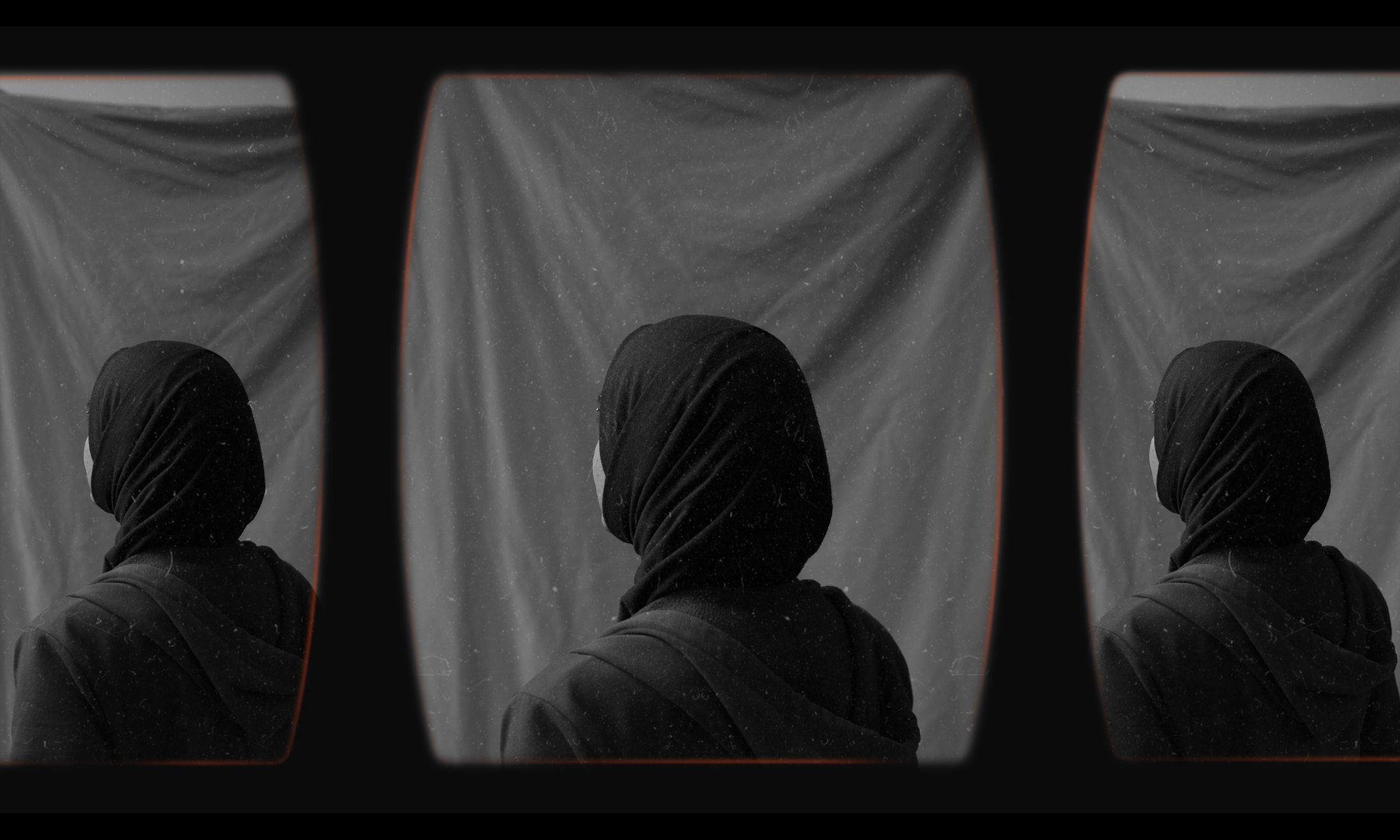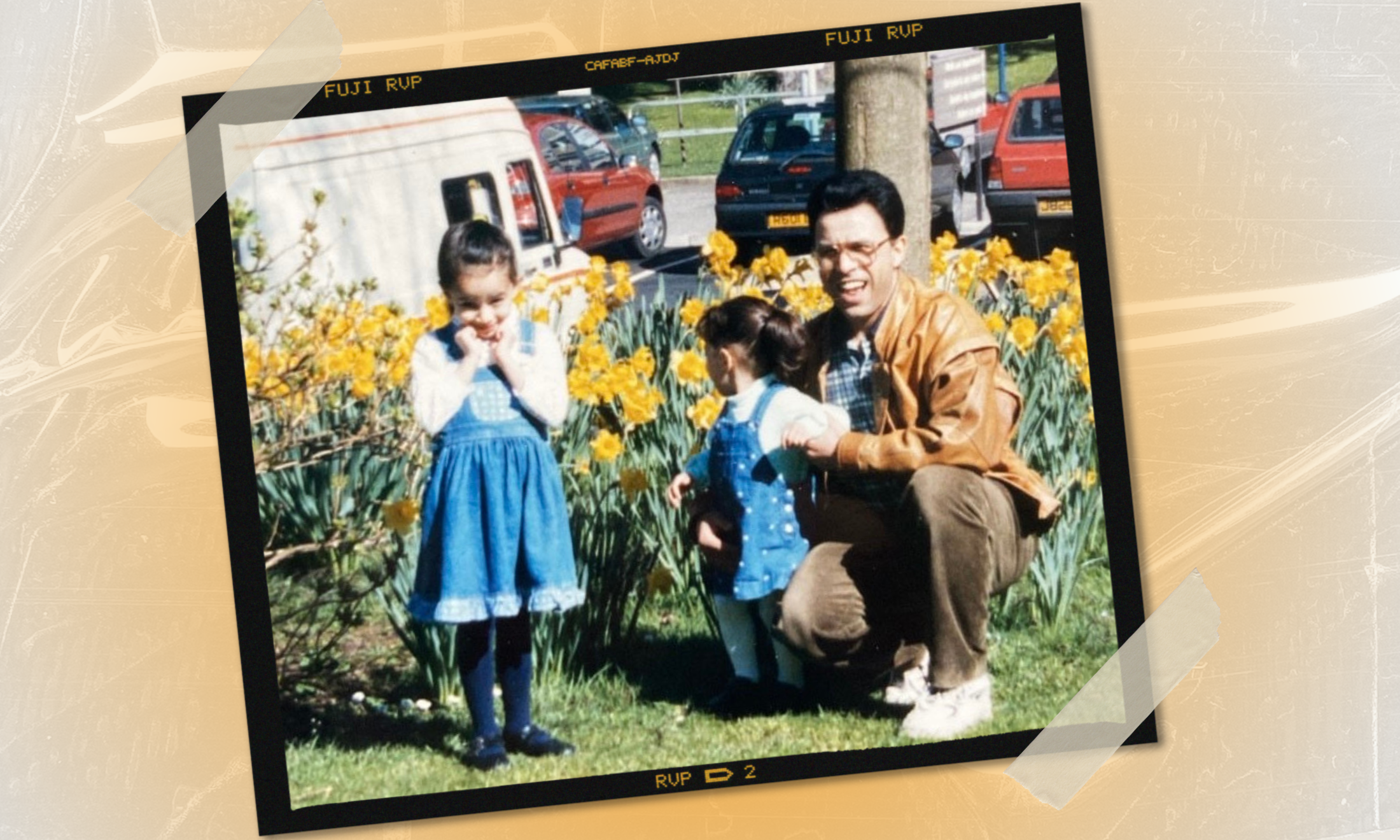
My Grandfather (left) and me (right)
All photography via Nessa Khurram Humayun
My dead grandfather has haunted me through much of my adult life – well, much of my drinking life, at least.
In some senses, I come from a traditional Muslim family – my siblings and I were taught how to read the Quran, my parents don’t drink, and religious holidays are largely observed – but in other ways, not at all.
When I say my parents don’t drink, they refrain for different reasons. My mother because of her faith, and her ties to culture, but my father – who is not religious, and rejects the sense of “community” that second generation immigrants can cling to – because of his alcoholic father.
I personally didn’t witness the addiction which scarred so much of my paternal family – my grandfather passed away when I was a child. But I have lived with the aftermath, and the stories, but mostly the fear; fear of our own genes, what they could do, and who they could turn us against.
My grandfather was a pilot. In addition to the memories I have of him, the pictures corroborate a certain glamour. Black and white prints of a handsome man, with a cigarette dangling under a Jack Nicholson-esque smirk. In others – where you can almost taste the acridness of overflowing ashtrays – he is surrounded by friends, laughing and louche in traditional middleastern leisurewear.
Each a portrait of late sixties machismo, drink in hand, and nary a woman in sight.
“I have lived with the fear; fear of our own genes, what they could do, and who they could turn us against”
As with every fallen hero in a family, the good memories take on the stuff of legend, anecdotes told again and again. It’s stories like these that help compensate for the bad times, or at least don’t let us leave with a wholly bitter taste in our mouths.
I have always been told how much my grandfather adored me, the only grandchild he ever met. From him I have inherited a distaste of rules, a willingness to do almost anything to get a laugh, and my taste for alcohol.
I am told time and time again, during every family occasion, tales of how he would play “horse” with me for hours despite his bad back, and this leads to poring over pictures of me and him together – him beaming, largely estranged from his family, but presented with a newfound sense of hope in an infant. In between half-joking-half-serious barbes at his father, my dad speaks of our similarities, something which inevitably culminates in his worry that I will also take it too far one day.
What you don’t see in those beautiful pictures, is how someone’s life choices can affect those closest to them, and transmutate into a legacy of trauma that is passed down for generations.
My grandfather’s drinking lost him his job, and his family their financial security. And because he was a “very good” alcoholic, it ultimately cost him his wife, and his children a dependable father figure.
He died aged 52, alone.
For my mother, a practicing Muslim, my drinking and my paternal history is understandably difficult to contend with. Barring potential damnation, my choice to consume alcohol is symptomatic of a larger failure to integrate into a vision of what a British Muslim woman looks like. It’s such markers that provide her, and many others, a sense of belonging and comfort in a society which is seemingly growing more hostile by the day.
“Barring potential damnation, my choice to consume alcohol is symptomatic of a larger failure to integrate into a vision of what a British Muslim woman looks like”
Ultimately, our families continually shore up our identities for us, and we’re largely compelled to subscribe. It’s only when we come into our own, around our late teens, that many of us find the courage to break free, but with that self-assuredness comes guilt, shame, and for me, also a fear that history will repeat itself, and continue a legacy which I know can bring immense hurt.
It’s unfortunate that for both my parents and me that my choice to drink brings pain in two different but intertwined ways, but I maintain a right to exist outside of histories that are handed down like birthrights.
I would never want to normalise heavy drinking, and I know I will have to monitor my consumption for the rest of my life, but alcohol, like many other vices, is only the sum of its parts. Alone, they lack the power to overwhelm us, rather it’s the history, communities and culture that we exist in that inform our relationship to them.
But thankfully, it’s always evolving, which means that there’s hope yet.









